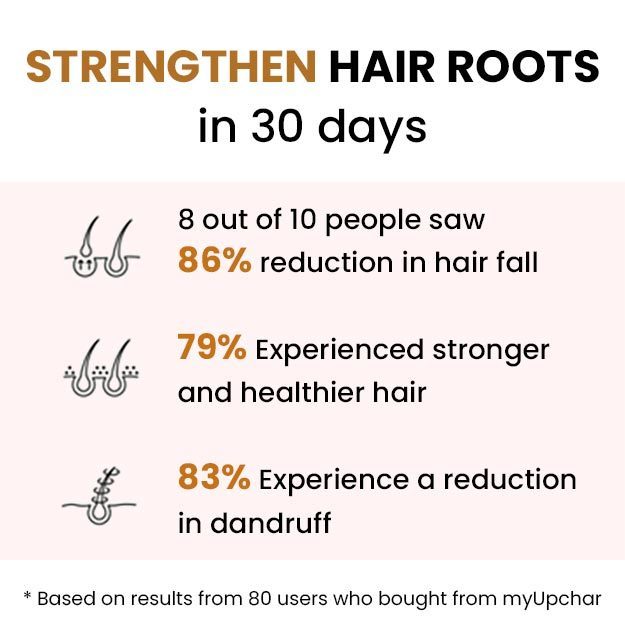Extremely rich in protein, fish is a prominent seafood and a delicacy in the world. In fact, about one-sixth of the world protein comes from fish. It has been consumed by humans since ancient times and it is a staple food in many cultures. The entire fish including its head is consumable. So, many different types of fish based dishes can be found in the world cuisine. While some recipes like sushi ask for raw fish, fish are also steamed, grilled and fried in various dishes. Fish and chips are probably one of the most common dishes in English cuisine.
Apart from being a rich source of protein, it is an excellent source of omega 3-fatty acid and vitamin D. Omega-3 fatty acids found in certain types of fish are very beneficial in the proper functioning of the heart and mental development. The fat content in the fish usually depends on the type of fish. Nonetheless, regular consumption of fish is considered very beneficial for hair, brain, and body.
Fish oil is separately consumed for its health building properties and fish are kept in aquariums, ponds, and lakes for their aesthetic purposes. In spite of its multiple uses, the main usage of fish continues to be as a delicacy.
Did you know?
Not only are these aquatic animals ancient they also hold a significant mythological in many religions. While fish symbolised Enki, the Sumerian God of water, they were also considered sacred by the Syrian Goddess, Atargati. The Greek word for fish makes an acronyms reference to Jesus Christ and hence ancient Christians used the symbol of fish to represent Jesus Christ. Fish also has been given a lot of significance in Hawaiian and Muslim cultures. Mesopotamians and certain sections in Hindu culture also use fish as an offering during prayers and festivities.
Some basic facts about fish:
- Kingdom: Animalia
- Phylum: Chordata
- Classes of fish: cartilaginous and bony
- Common Types of fish: Salmon, Sardine, Cod, Perch, Halibut, Trout, Tilapia, Carp, Tetra, Billfish etc.
- Uses of fish: Eating, Massage therapy, Aquariums
- Evolution of fish: Evolved about 530 million years ago. They were first represented in the fossil record by Silurian as two groups of fish: armoured fish and the Acanthodii.
- Interesting fact: Some fish live in salt water such as halibut and cod. They live in oceans and seas. Freshwater fish such as trout and catfish live in lakes and rivers.






























